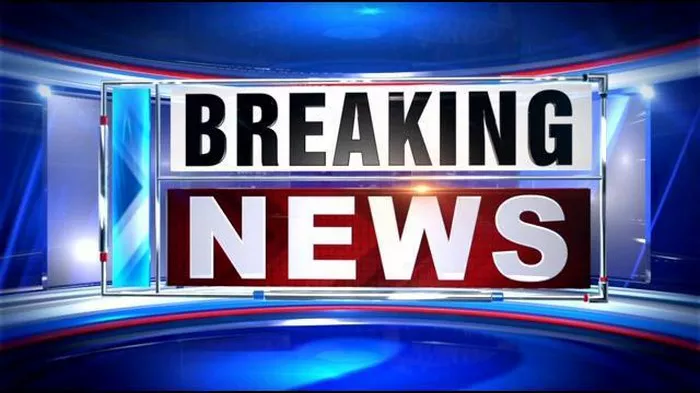In their inaugural televised debate, leaders from France’s three largest political factions sparred over issues ranging from retirement policies to immigration, each vying to persuade voters of their competence to govern Europe’s second-largest economy.
With the legislative vote just days away, centrist Prime Minister Gabriel Attal, Jordan Bardella of the far-right National Rally, and Manuel Bompard representing the leftist New Popular Front, outlined their strategies for tackling economic challenges, enhancing public services, and addressing environmental concerns.
The debate, marked by frequent interruptions and verbal jousting, saw the youthful trio—each under 40 years old—emphasizing their contrasting approaches. Attal defended his government’s track record, Bardella focused on his party’s firm stance on immigration and security, while Bompard advocated for lowering the retirement age and increasing taxes on the wealthy.
This snap election follows a significant defeat for President Emmanuel Macron’s party in the recent European Parliament elections, positioning it to potentially lose its majority. Polls indicate the National Rally leading, with the leftist alliance closely trailing and Macron’s party in third place.
During the debate, disagreements flared particularly over the retirement age, which Macron had controversially raised to 64 from 62, sparking protests. Attal supported the move, Bompard pledged to reverse it, and Bardella proposed adjusting it to a “pivotal” age of 62.
On taxation, Attal and Bardella committed to no new taxes, contrasting with Bompard’s plan to increase levies for those earning more than €4,000 per month.
Immigration policy also sharply divided the candidates along ideological lines. Attal criticized Bardella for his stance on dual citizenship, Bardella advocated for stricter controls, and Bompard underscored Bardella’s Italian heritage during the debate.
Looking ahead, the election’s outcome could lead to a fragmented National Assembly, potentially hindering major legislative initiatives due to lack of a clear majority.
The candidates will face off again in another televised debate scheduled for Thursday evening, preceding the first round of voting on Sunday, with a second round slated for July 7.
Forecast and Expectations:
Recent polling suggests the National Rally may secure the most votes in the initial round, followed closely by the New Popular Front, with Macron’s Renaissance party trailing behind. However, projections indicate the National Rally may fall short of an absolute majority in the National Assembly, which could complicate governance and legislative efforts.
Both the New Popular Front and the National Rally have rushed to finalize campaign promises in the final weeks. Bardella, aiming to reassure voters and financial markets, proposed funding cuts to France’s EU budget contribution and increased taxes on energy companies to finance reductions in sales taxes on energy and fuel.
Meanwhile, the leftist alliance recently outlined plans for €150 billion ($161 billion) in additional annual spending by 2027, financed through higher taxes.
Macron’s decision to call for early elections initially rattled markets, though concerns have since eased.


